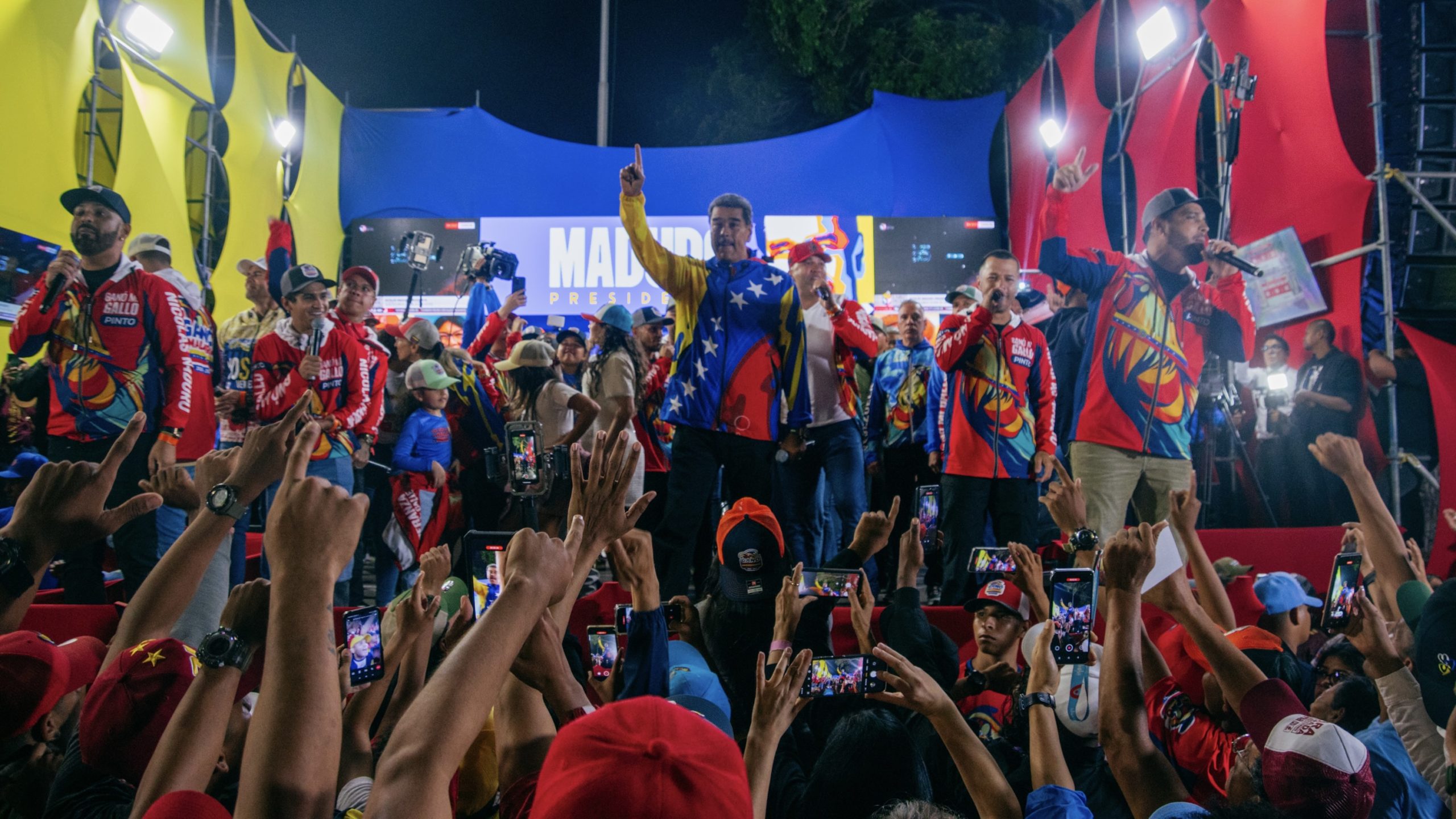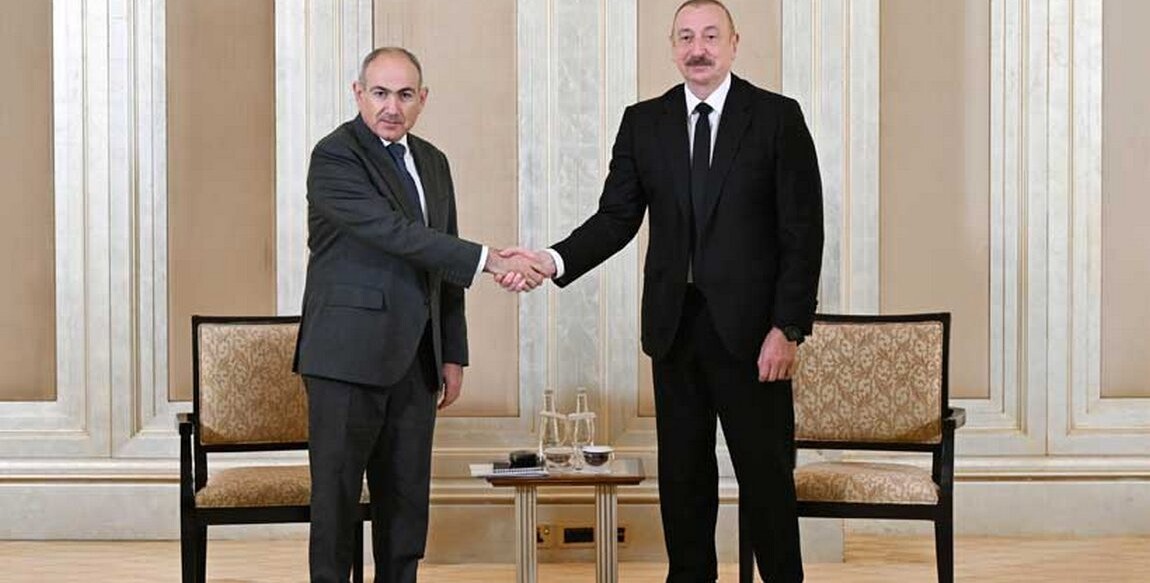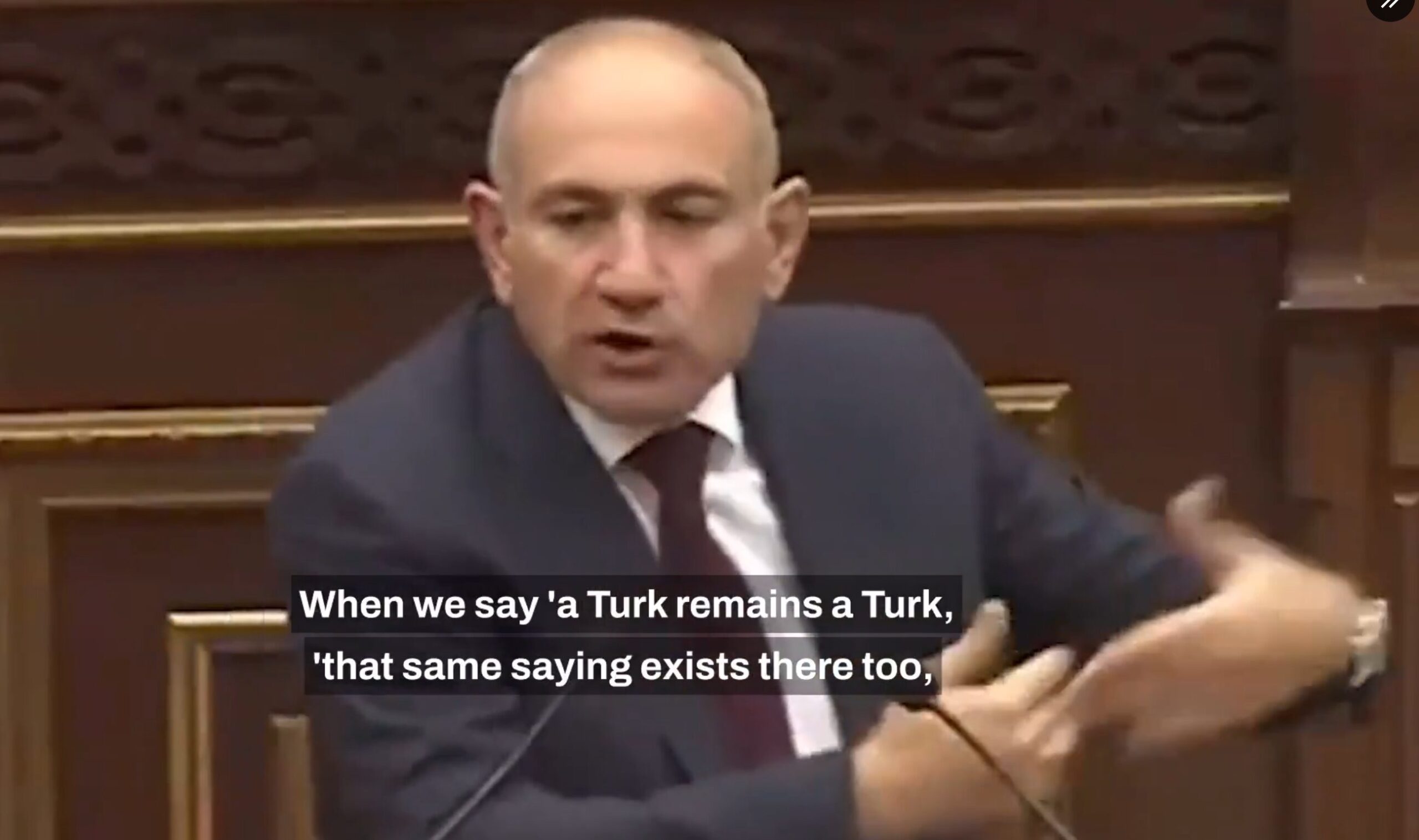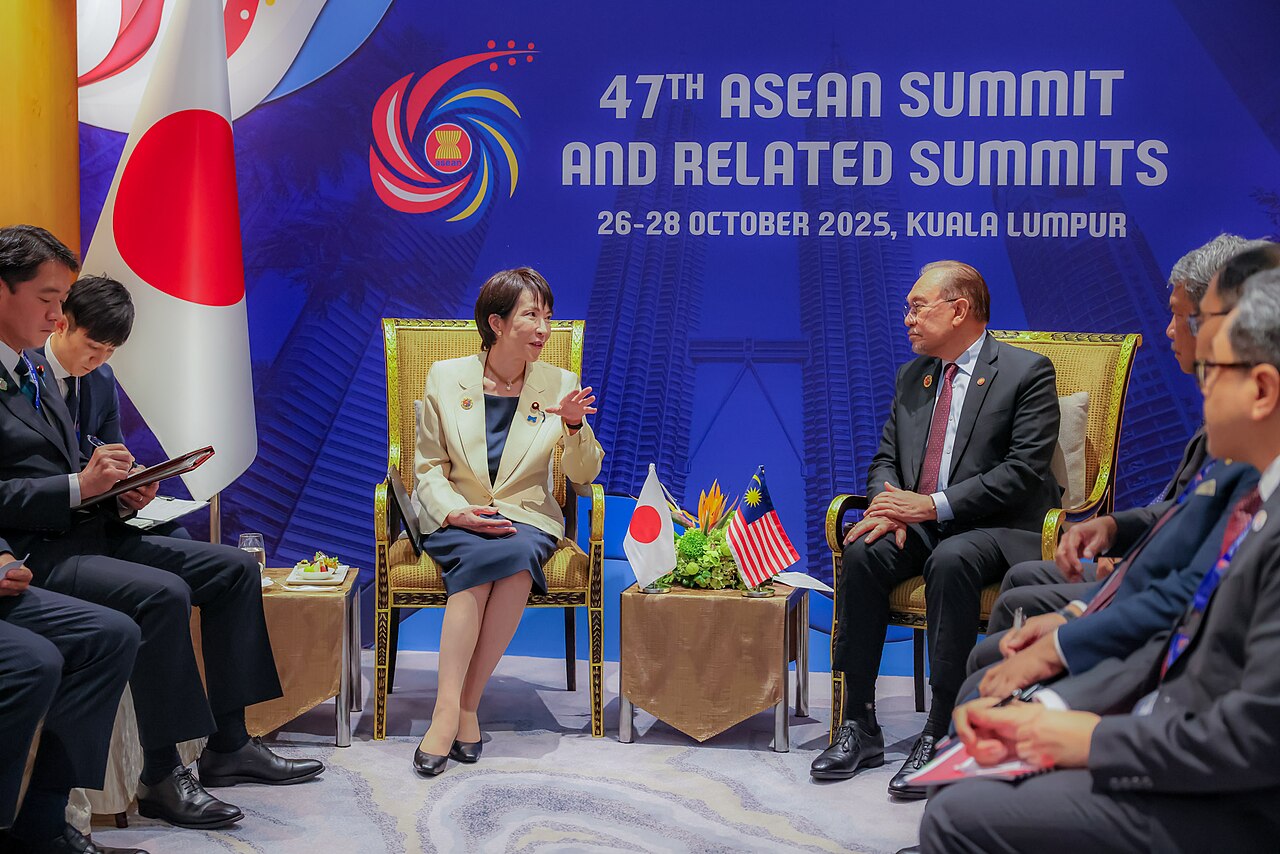Venezuelan President Nicolas Maduro was reelected on Sunday when official election figures placed his lead at a healthy 7% margin with 80% of the vote counted.
The near-victim of a US-backed coup d’etat in 2019, Maduro was a strong favorite to win, however the margin this year was much closer than the last presidential election. The opposition was never going to concede, and almost immediately began making claims that Edmundo González had actually won 70% of the vote, and that they had evidence to prove it.
The ever-vigilant Venezuela Analysis reports that the link the opposition provided that allegedly showcased the evidence has been broken since it was released.
In lock-step with the US-backed opposition strategy in 2018, Maria Corina Machado, a fringe politician in Venezuela who nevertheless has frequented Washington DC’s inner circles, immediately called on the army to overthrow the government. In a puff piece by the New York Times, Machado is said to be the “country’s most popular opposition leader” who “had electrified great swaths of the country,” when in reality she’s a fringe political figure linked to violent activists, and who has been legitimately convicted of treasonous crimes and whose party has never ran a candidate.
VZ Analysis reports that Sunday’s election had 910 international observers from 95 countries who visited voting centers across the Caribbean nation to certify the reliability of the voting process. Whatever the case may be, the National Electoral Council reported, and VZ Analysis concurred, that the election took place in a climate of calm and orderliness.
On Monday, the American National Lawyers Guild praised the “fairness, transparency of Venezuelan election process” and condemned “the role of the US in undermining the democratic process,” referring to statements made by figures like State Secretary Antony Blinken and White House National Security Council Spokesperson Adrienne Watson, who both cast doubt on the veracity of the election results.
“The delegation observed a transparent, fair voting process with scrupulous attention to legitimacy, access to the polls, and pluralism,” a statement from the guild read.
A separate US delegation from the Carter Center left the process uncommented on, and rather stated their need for the polling station level data was necessary before any assessment of the election could be made.
As far as the ruling party’s concerns went, officials stated a cyber attack that disrupted vote counting. An investigation allegedly found that the attack was orchestrated from servers inside NATO-member North Macedonia.
Street violence
Since the election on the 28th, isolated incidents of low-level street violence have gradually spread across the country. Burnt tires or other debris have been used to block major roads and highways across the country with few reports of additional violence besides. The road from Caracas to the main airport of the capital, La Guaira, was also blocked temporarily.
A mob in the Lara state town of Jiménez set the local city hall on fire on Monday evening, while videos of crowds of pro-opposition protestors clashing with police forces and attacking bystanders have also surfaced on social media. Pro-Maduro entities, either civilian or plain-clothes officers, have also been filmed appearing to fire live ammunition into the air above crowds of protestors to disperse them.
Defense Minister Vladimir Padrino spoke of 23 wounded servicemen and called on the Venezuelan people to remain calm. Two marches on the presidential palace of Miraflores were interrupted by police.
President Maduro claimed that out of dozens arrested, more than 80% had criminal records and “many of them” had recently returned to the country.
The violence seen thus far is a shadow of the street putsch-style violence in April 2019 following the previous election win. It resulted in the US applying a raft of crippling sanctions intended to devastate the South American country’s civilian population and cause a revolution.
After an extremely brief chapter of detente with Caracas, the Biden Administration already re-imposed some of the sanctions it had lifted from the Trump White House, and officials are already considering more.
In May, WaL reported that the US was preparing to interfere or perhaps upend Venezuela’s elections. In October 2023, the US and Venezuela signed an agreement in Barbados to exchange sanctions relief for free and fair elections, but what Washington really wanted was permission for their preferred candidate, Machado, to be allowed to run. She was disqualified because her party hadn’t partaken in the previous two elections (by choice) and because she was found guilty of political impersonation when she attended an Organization of American States meeting on behalf of Panama. As it happened, she spent her time pretending to be Panama’s ambassador advocating for military intervention to remove Maduro, having received several grants from US-funded NGOs over the past 13 years.
However again, in comparison to the previous elections when the US immediately froze Venezuelan assets all over the world and designated a political nobody named Juan Guaido as the interim-president to be installed upon the overthrow of Madruo, which the US backed to some degree with millions in taxpayer dollars, things in the country are proceeding relatively smoothly. WaL
We Humbly Ask For Your Support—Follow the link here to see all the ways, monetary and non-monetary.
PICTURED ABOVE: Nicolás Maduro greets thousands of supporters outside of Miraflores Palace. PC: Zoe Alexander, retrieved from People’s Dispatch.



